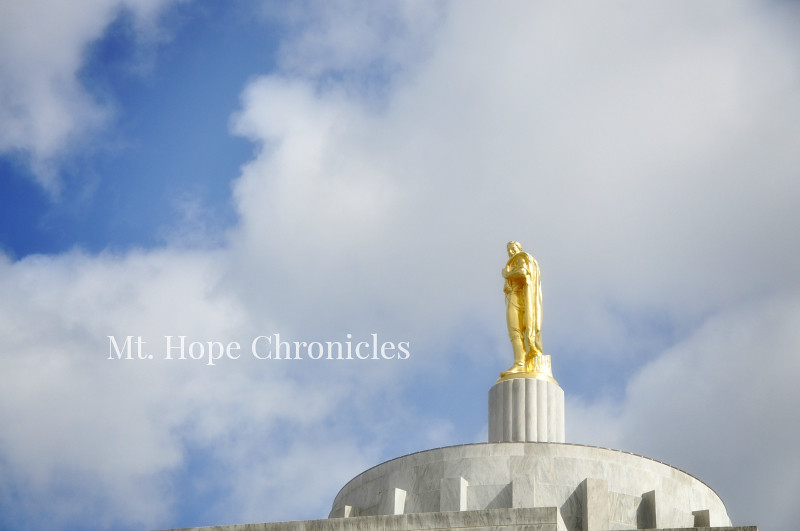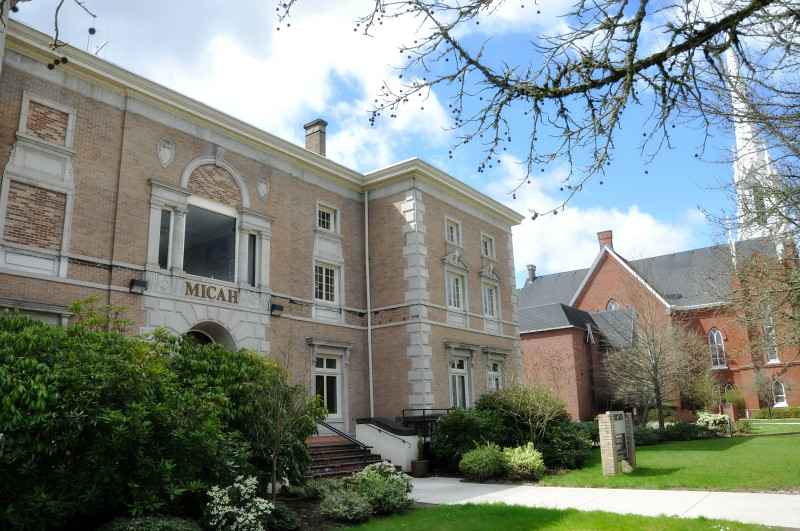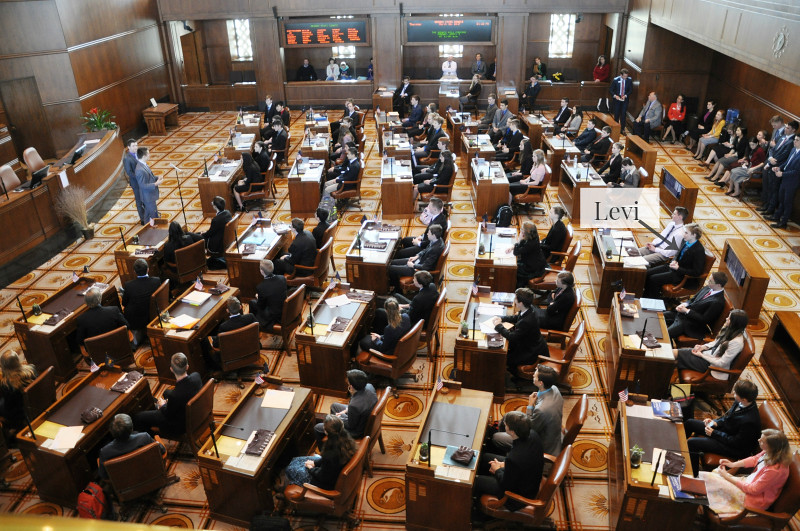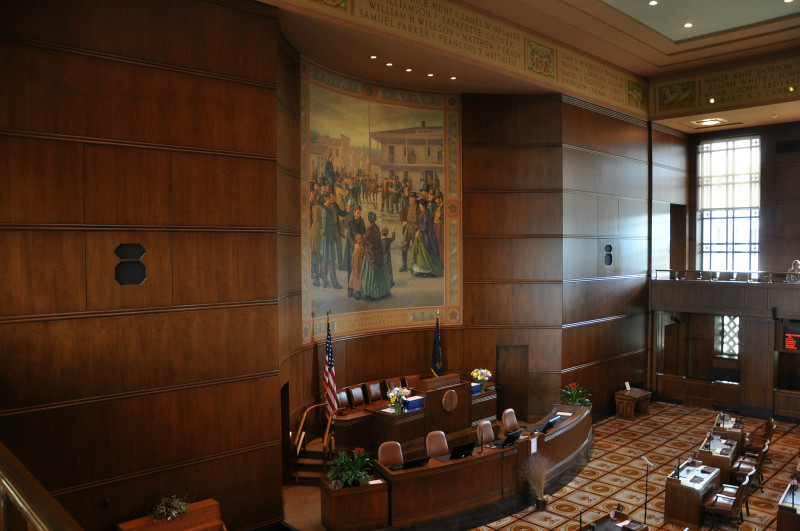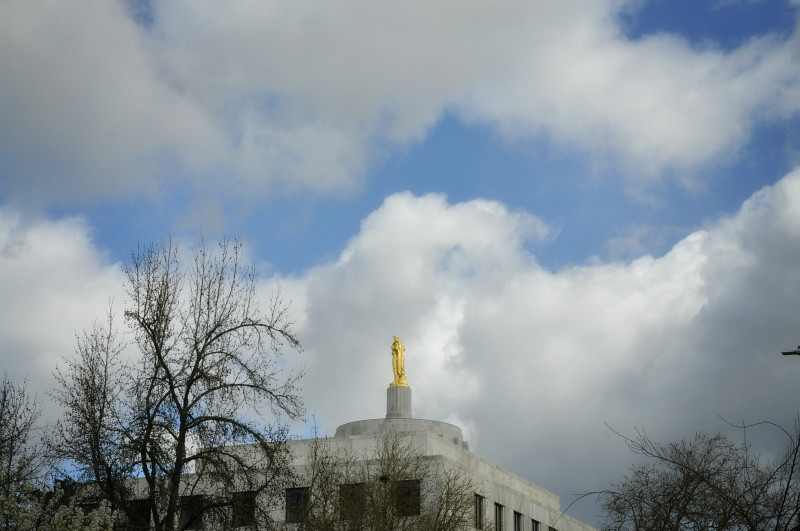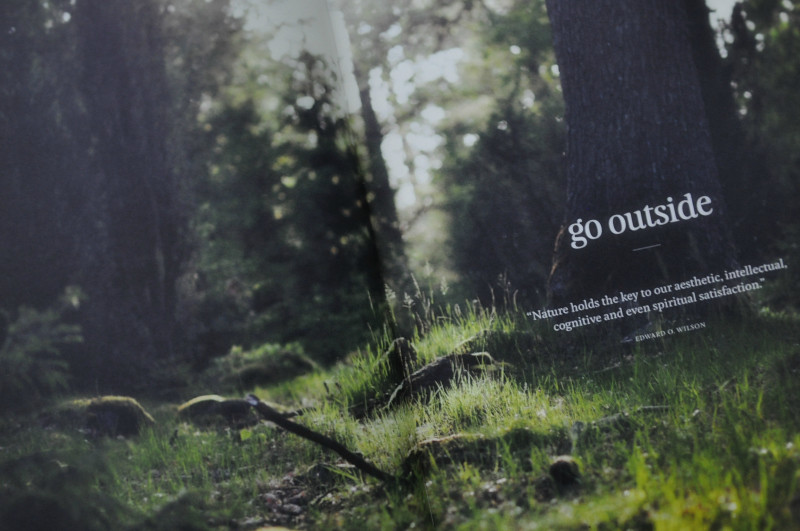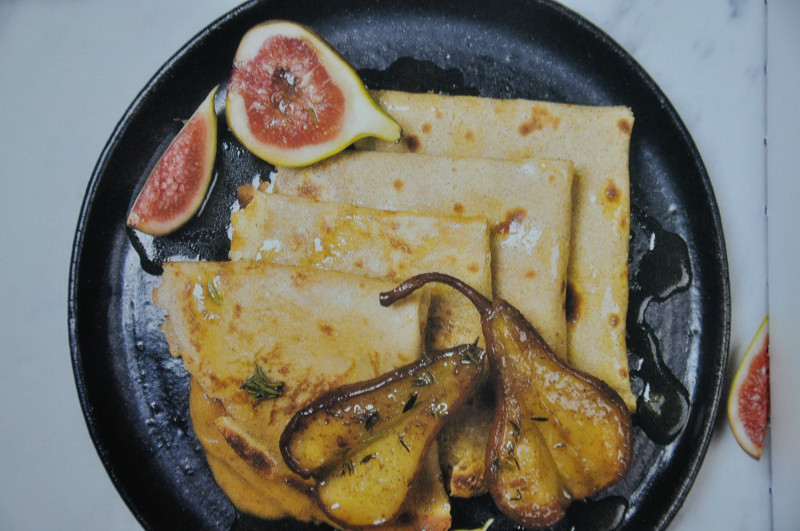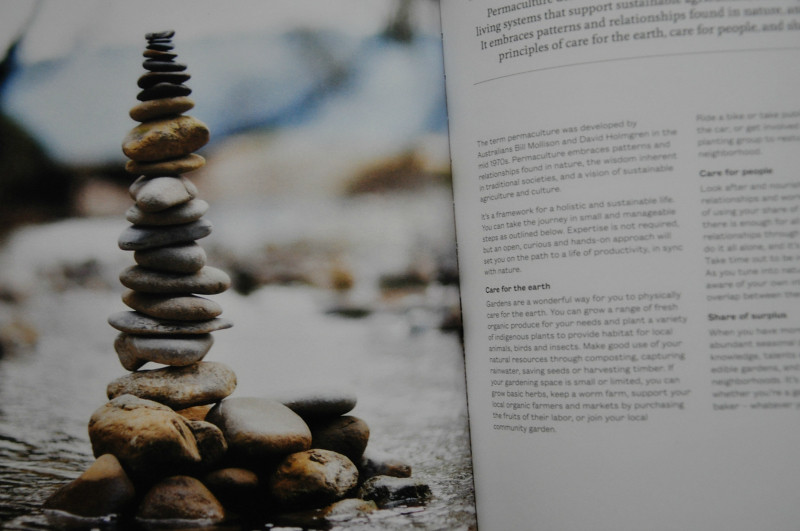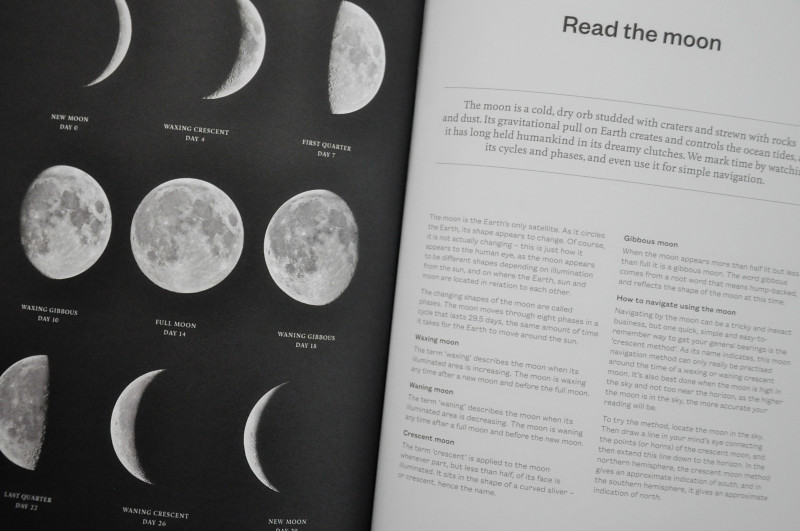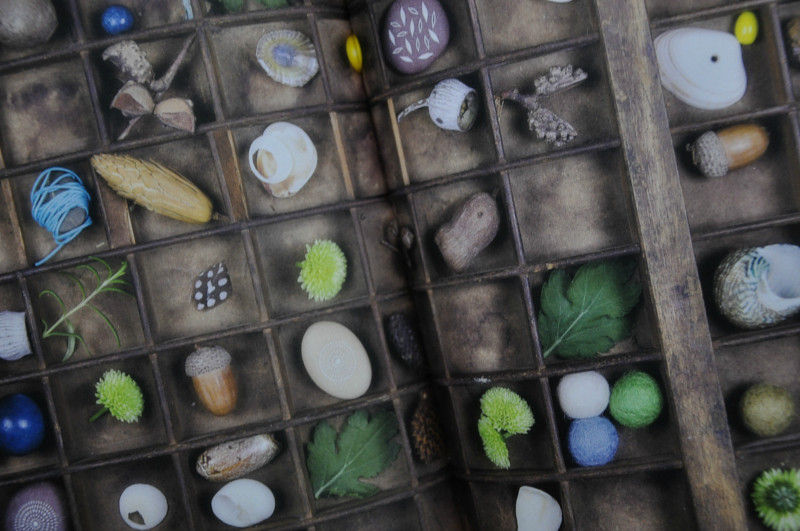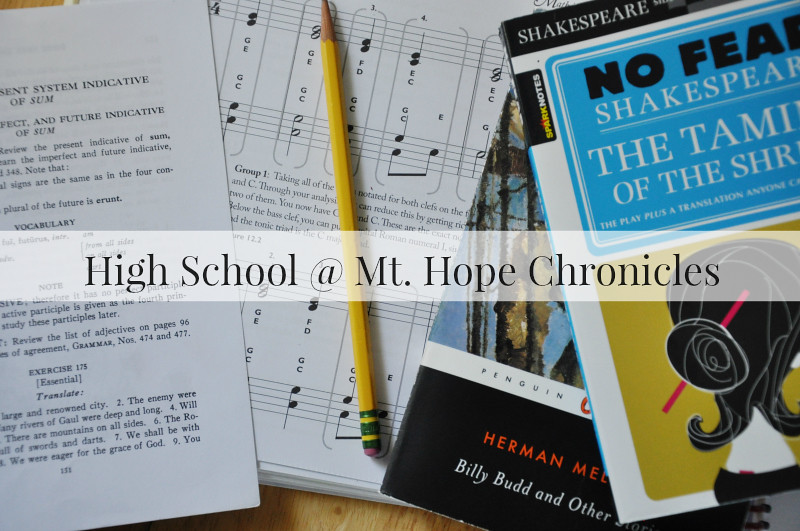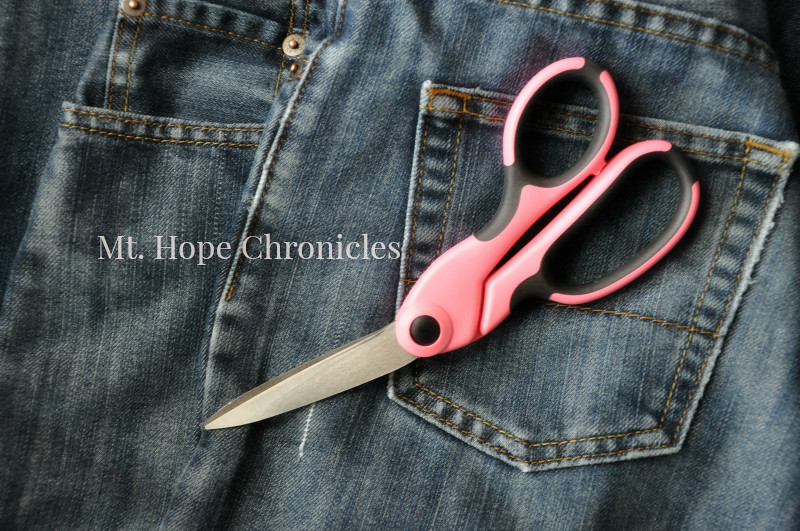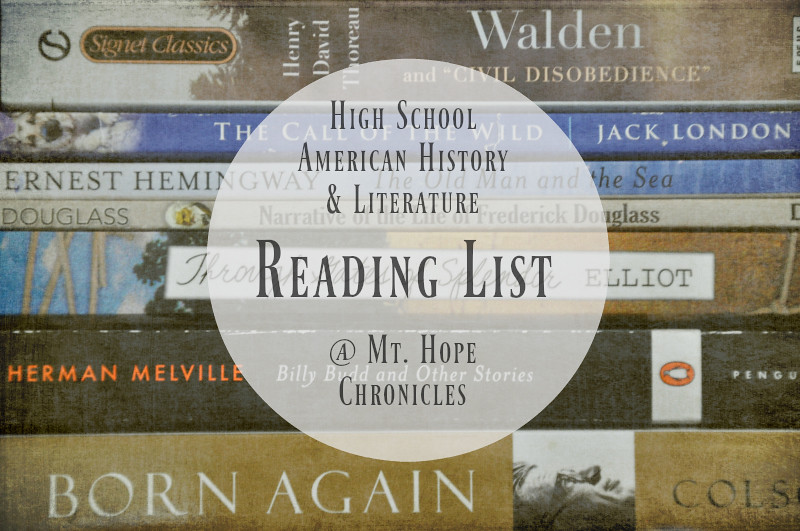
Levi is reading American literature for his 9th grade year through Classical Conversations. The CC Challenge 1 Am. Lit. book list is hefty (full texts, not excerpts), but Levi is a strong and willing reader. Because his CC year ends in April, I decided to round out his book list with additional American literature selections to read May through July before he begins British literature in August for Challenge 2. It is my desire to present him with a robust variety of genres, complexity, and topics, even though I can’t fit everything on the list (obviously I tried, but so many books didn’t make the cut!). When compiling the master list, I chose to include a few relevant books he has read in the past couple years (particularly including CC Challenge A and B literature selections).
Levi has discussed the CC Challenge literature in class and has written essays on many of the novels.
[I have a post coming up with Levi’s full course descriptions for 9th grade and the upcoming high school plan.]
I’ve noted Challenge literature selections with asterisks.
*Challenge A (roughly 7th grade)
**Challenge B (roughly 8th grade)
***Challenge 1 (roughly 9th grade)
Children’s Historical Fiction
The Witch of Blackbird Pond by Elizabeth George Speare (Set in Colonial Connecticut in 1687) ***
Amos Fortune, Free Man by Elizabeth Yates (Biographical story; c. 1710-1801) *
Indian Captive: The Story of Mary Jemison by Lois Lenski (Biographical story set in 1755)
Johnny Tremain by Esther Forbes (Set in Boston before and during the American Revolution, 1776) ***
Carry On, Mr. Bowditch by Jean Lee Latham (Biographical story of Nat Bowditch; 1773-1838) *
A Gathering of Days: A New England Girl's Journal, 1830-32 by Joan W. Blos (not a favorite of mine, but I’m including it here because it is a CC Challenge A novel) *
The Sign of the Beaver by Elizabeth George Speare (Set in the Maine wilderness) ***
Where the Red Fern Grows by Wilson Rawls (Set in the hills of the Ozarks) **
Little Britches (and series) by Ralph Moody (also listed under memoirs, but a must read for every human—perfect for a family read-aloud) **
[I’ll list many more children’s American historical fiction selections this coming year as Leif studies American history in 6th grade.]
Literature
The Legend of Sleepy Hollow and Other Tales by Washington Irving (published in 1820)
The Last of the Mohicans by James Fennimore Cooper (published in 1826; set in 1757 during the French and Indian War)
Gold-Bug and Other Tales by Edgar Allan Poe (published in 1843) ***
The Scarlet Letter by Nathaniel Hawthorn (1850) ***
Moby Dick by Herman Melville [*graphic novel* not unabridged novel] (1851)
Uncle Tom’s Cabin by Harriet Beecher Stowe (1852)
Little Women, Little Men, and Jo’s Boys by Louisa May Alcott (1832-1888)
Billy Budd, Sailor by Herman Melville (published posthumously in 1924, but he began writing it in 1888; Levi did not care for this one, but I’m including it here since it is a CC Challenge 2 literature selection) ***
Tom Sawyer, Huckleberry Finn, A Connecticut Yankee in King Arthur’s Court, The Prince and the Pauper, and Pudd’nhead Wilson by Mark Twain (published in the late 1800s; Pudd’nhead Wilson is my personal favorite, especially for late middle school or high school students; only Tom Sawyer on CC Ch 1 list) ***
The Red Badge of Courage by Stephen Crane (published in 1895; a war novel taking place during the American Civil War) ***
The Call of the Wild by Jack London (published in 1903; set in Yukon, Canada, during the 1890s Klondike Gold Rush) ***
Freckles (and others) by Gene Stratton-Porter (published in 1904)
The Short Novels of John Steinbeck (1902-1968) (The Pearl, for sure; not certain about the others)
A Tree Grows in Brooklyn by Betty Smith (1943; set in early 1900s in Brooklyn, NY; coming of age story of a young Irish-American girl)
The Old Man and the Sea by Earnest Hemingway (published 1952) ***
To Kill a Mockingbird by Harper Lee (published in 1960; a masterful novel and absolutely essential for cultural literacy) ***
The Chosen by Chaim Potok (published in1967; set in 1940s Brooklyn, NY; a coming of age story about a Jewish boy—excellent)
The Lonesome Gods (and others) by Louis L’Amour (published in 1983; set on the California frontier (Mojave and Colorado Deserts) 1800s?)
Peace Like a River by Leif Enger (published in 2001; set in small-town Minnesota in the early 1960s with an endearing child narrator with a precocious sister and wise father reminiscent of Scout and Atticus Finch—one of my favorite novels of all time)
Short Stories
“The Gift of the Magi” by O. Henry ***
[Many other classic short stories were read last year in Challenge B] **
That Distant Land: The Collected Stories (Port William) by Wendell Berry
Poetry
“The Song of Hiawatha” by H.W. Longfellow (1807-1882) ***
“Paul Revere’s Ride” by H.W. Longfellow ***
“The Courtship of Miles Standish” (one of my favorites from high school) by H.W. Longfellow
Selections from American Poets:
Drama
[We’ll also be watching film versions where available.]
Harvey by Mary Chase ***
Our Town by Thornton Wilder
Arsenic and Old Lace by Joseph Kesselring
The Crucible by Arthur Miller
The Death of a Salesman by Arthur Miller
The Glass Menagerie by Tennesse Williams
Autobiographies/Memoirs/Essays
The Autobiography of Benjamin Franklin (1771-1790)
Self-Reliance and Other Essays by Ralph Waldo Emerson (1840s) ***
Narrative of the Life of Frederick Douglass (1845) ***
Walden and Civil Disobedience by Henry David Thoreau (1854) ***
The Wild Muir (John Muir 1838 – 1914; Scottish-American naturalist)
Up From Slavery by Booker T. Washington (1901) ***
Cheaper by the Dozen and Belles on Their Toes by Gilbreth (1948)
Little Britches by Ralph Moody (series published in 1950-1968; the first book begins when his family moves to Colorado in 1906—excellent) **
The Life and Times of the Thunderbolt Kid by Bill Bryson (Des Moines, Iowa; 1950s. I am NOT recommending this book to other students without serious parental guidance, but it is the funniest book I have ever read in my life and it contains so much fascinating information about life in mid-century America.)
Through Gates of Splendor by Elisabeth Elliot (1957; Elisabeth’s husband was killed in 1956 while attempting to make missionary contact with the Auca of eastern Ecuador. She later returned as a missionary to the tribe members who killed her husband.) ***
Born Again by Charles Colson (1976) (Chuck Colson served as Special Counsel to Richard Nixon in 1969-1973; he became a Christian in 1973, just before his prison sentence, and later founded Prison Fellowship.) ***
Education of a Wandering Man by Louis L’Amour (1990)
Biography/Non-Fiction
April 1865 (Civil War) by Jay Winik
Mornings on Horseback (Teddy Roosevelt; 1858-1919) by McCullough
The Man Who Talks with the Flowers-The Intimate Life Story of Dr. George Washington Carver (1864-1943) by Glenn Clark
The Orphan: A Story of the Life of Austin Monroe Shaffer (1884-1961) by Helen Shaffer Dunbar (A biography of Levi’s great-great-grandfather (whose father was named Levi), written by Levi’s great-grandmother)
The Boys in the Boat (1936 Olympics) by Daniel James Brown
I'm Proud of You: My Friendship with Fred Rogers (1928-2003) by Tim Madigan
Elon Musk and the Quest for a Fantastic Future Young Readers' Edition (1971- ) by Ashlee Vance
Speeches
“The Spirit of Liberty” by Judge Learned Hand (1944) [Levi memorized and presented this speech in his Challenge class.]
“I Have a Dream” by Martin Luther King, Jr. (1963) ***
[Many More American Documents, Essays, and Speeches for American Government] ***
Sermons
“A Model of Christian Charity” by Winthrop (1630) ***
“Essays to Do Good” by Mather (1710) ***
“The Method of Grace” by Whitefield (1700s) ***
Sci-Fi/Futuristic/Fantasy/Dystopian
Fahrenheit 451 by Ray Bradbury (published in 1953; a relevant dystopian novel that everyone should read for cultural literacy)
The Caves of Steel by Isaac Asimov (published in 1953; a futuristic science-fiction detective novel, recommended by a friend)
Starship Troopers by Robert Heinlein (published in 1959; a military science fiction novel exploring military and societal ethics) ***
Alas, Babylon by Pat Frank (another novel published in 1959; a realistic apocalyptic novel from the nuclear age, set in the U.S.)
Ender’s Game by Orson Scott Card (published in 1985; another futuristic military science fiction novel—one of my favorite explorations of the nature of leadership)
The Giver by Lois Lowry (published in 1993; a YA utopian/dystopian novel followed by 3 more books in the series)
The Hunger Games by Suzanne Collins (the trilogy published 2008-10; YA futuristic dystopian/apocalyptic novels set in the U.S.—excellent for discussing government and qualities of leadership)
[I’m choosing to wait on The Great Gatsby by Fitzgerald, The Jungle by Sinclair, and The Catcher in the Rye by Salinger.]
Did I miss any of your favorite selections for American literature (appropriate for a 9th grade student)?
Let me know in the comments!
